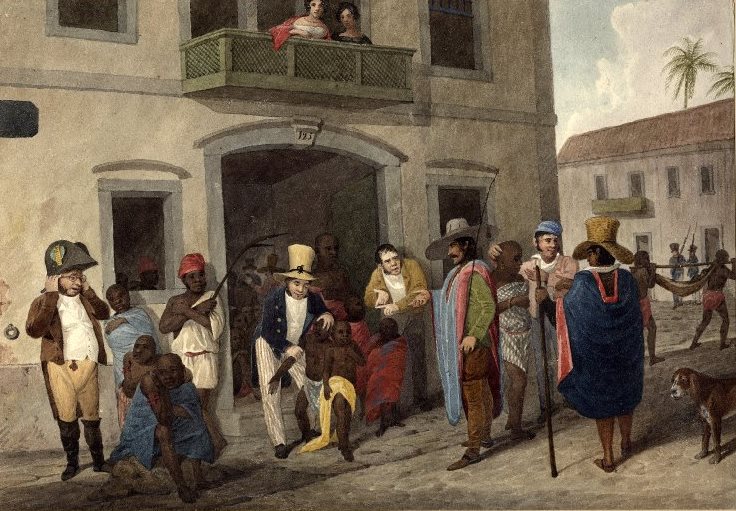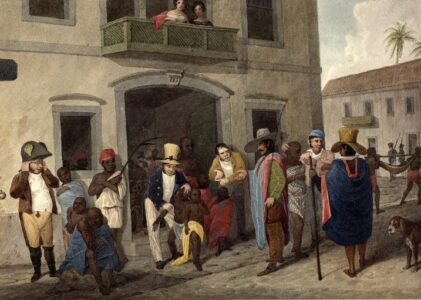Brazil’s Cultural Landscape in the 19th and Early 20th Century
The cultural landscape of Brazil during the 19th and early 20th centuries was deeply influenced by the profound political, social, and economic transformations of the period. Marked by the transition from monarchy to republic (1889), abolition of slavery (1888), and urbanization, this era fostered a dynamic intellectual and artistic environment. Amid this shifting backdrop, women began asserting their presence in cultural and intellectual spheres, challenging traditional gender roles and carving spaces for themselves in a patriarchal society.
The Rise of Women’s Education and Literary Contributions
One of the most significant developments during this time was the gradual increase in women’s access to education, particularly in urban centers like Rio de Janeiro, São Paulo, and Salvador. While limited to upper-class and middle-class women, this educational expansion enabled them to participate in literary and intellectual pursuits. By the late 19th century, women’s writings gained visibility through their contributions to newspapers, magazines, and literary salons, spaces that served as critical platforms for cultural exchange.
Female writers, such as Nísia Floresta, emerged as pioneers in feminist thought. Floresta’s works, including Direitos das mulheres e injustiça dos homens (1832), advocated for women’s education and gender equality, directly engaging with Enlightenment and positivist ideals. Similarly, Maria Firmina dos Reis, a black author from Maranhão, subverted dominant narratives by addressing issues of slavery and racial oppression in her works, most notably in Úrsula (1859), one of the first abolitionist novels written by a woman in Brazil.
Participation in the Press
Women also began to shape Brazil’s cultural dialogue through journalism. Female-edited periodicals, such as O Jornal das Senhoras (1852–1855), offered women a platform to discuss politics, social issues, and literature from their perspectives. These publications played a critical role in fostering a sense of community among educated women and amplifying their voices in public discourse.
Arts, Music, and Public Performances
The late 19th and early 20th centuries also saw the emergence of women in other cultural domains, including music, theater, and the visual arts. Chiquinha Gonzaga, a celebrated composer and conductor, broke barriers in a male-dominated field by creating works that blended European classical music with Afro-Brazilian rhythms. Her compositions, such as Ó Abre Alas, remain iconic in Brazilian popular music.
Women were also active in theater, both as performers and playwrights, contributing to the rich tradition of Brazilian dramaturgy. While social conventions often relegated female artists to marginal roles, their growing participation highlighted the gradual loosening of rigid societal norms.
Intellectual Networks and Nation-Building
Women’s participation in cultural life extended beyond individual achievements to the formation of intellectual networks. Through salons, literary circles, and feminist organizations, women collaborated and exchanged ideas, often framing their contributions as essential to nation-building. This was particularly evident during the First Republic (1889–1930), a period when intellectuals grappled with defining Brazil’s national identity. Women’s voices in this discourse emphasized the importance of family, morality, and education, reflecting the era’s gendered expectations while simultaneously questioning them.
The Challenges of Race and Class
However, it is crucial to acknowledge the exclusions inherent in this cultural landscape. The opportunities for participation in intellectual and cultural life were disproportionately available to white, elite, and middle-class women, while Afro-Brazilian, Indigenous, and working-class women often faced systemic barriers to entry. Despite these challenges, figures like Maria Firmina dos Reis and Laudelina de Campos Melo, an activist and labor leader, made indelible contributions to Brazil’s cultural and intellectual heritage.


